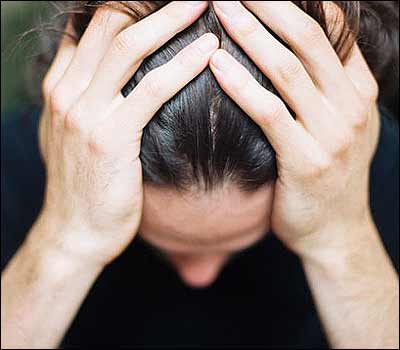 If you were convicted of a DUI or plead “guilty” or “no contest” to a DUI charge you will likely be subject to probation. Probation is a great way to avoid jail time but it does have some restrictions that will have an effect on your daily activities.
If you were convicted of a DUI or plead “guilty” or “no contest” to a DUI charge you will likely be subject to probation. Probation is a great way to avoid jail time but it does have some restrictions that will have an effect on your daily activities.
Probation Terms & Violations
After sentencing, the judge will assign a probation officer to your case. You will be required to check in with your probation officer at regular intervals and may have to do so in person and over the phone. Failing to check in with a probation officer is the number one probation violation (which could result in jail time) and is an unnecessary violation.
In addition to staying in contact with your probation officer, you will be subject to several restrictions and requirements while you are on probation. You may be limited in your ability to consume alcohol and will most likely have to submit to random drug or alcohol tests. These tests are normally sourced from companies like Countrywide Testing to make sure that people on probation aren’t misusing any drugs during this time. This ensures that officials can make sure people are abiding by the rules of probation. During this time, you may also be required to attend drug or alcohol education programs and may need to attend 12 step meetings like NA or AA. You may be required to pay monthly probation fees and perform community service. Failing to comply with any of the terms of your probation could result in the revocation of your probation and the reinstatement of your entire jail term.
Probation from a DUI
While on probation you will also need to avoid any unlawful behavior. This means that if you commit a crime while you are on probation, your probation could be revoked for the DUI and you may not have probation as the option for any other crimes. Things like using drugs, associating with known criminals or driving without a license can be considered unlawful behavior that can lead to the revocation of your probation.
Working with your our DUI attorney legal team will help you ensure that you understand the terms of your probation and that you fully comply with each of the requirements. Successfully completing probation is the last step to take in putting your DUI behind you and having the right legal advice will ensure the process goes as smoothly as possible.
Your Criminal Record
A lot of our clients wonder how long a DUI conviction or “guilty” plea will stay on their record. Generally speaking, you will be on probation for 5 years after a plea or conviction. Of course, this time period can be affected by a number of factors including your compliance with the probation program and your negotiations with the prosecuting attorney when a plea deal was reached. If you comply with the terms of your probation and are not convicted of another DUI you may be able to have the DUI conviction expunged from your record. This means that a dismissal will be filed on your record. With a dismissal, you will no longer have to report the conviction for employment purposes. Your San Francisco DUI attorney can discuss this possibility with you and walk you through the expungment process.
Regardless of expungment, in California a DUI conviction or plea will remain on your general criminal record for 10 years. This means that if you are convicted of another DUI during that 10 year time frame, your first DUI can be used as a “prior”. Prior convictions can be used by the prosecuting attorney to request stricter punishments in the new DUI case. You will want to discuss the impact an prior convictions will have on your current case with your San Francisco DUI attorney. Knowing your options and getting help quickly are some of the most important steps you can take to minimize the impact of a prior conviction on your current case.
